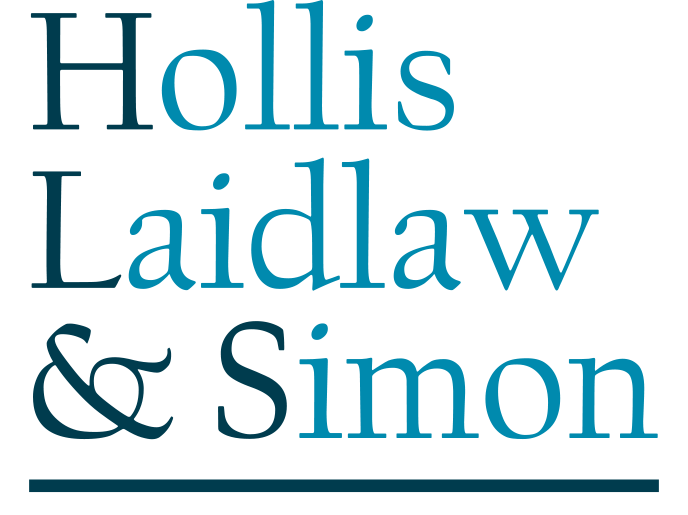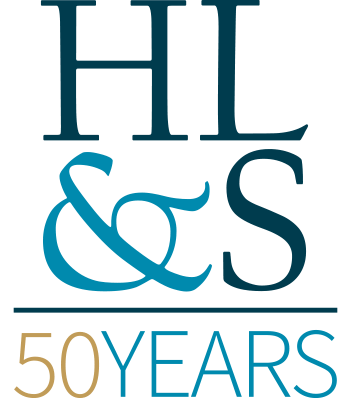Laidlaw & Simon’s guardianship team has decades of collective experience handling guardianship cases and unparalleled facility in the courtroom, yet they would much rather keep their clients out of the firm’s guardianship practice.
With firsthand knowledge of the complicated and emotional process of establishing guardianship at trial and 20 years of experience structuring estate plans, Partner Moira Laidlaw says that the first step in avoiding guardianship is to create “really good advance directives and name the right people in them.”
Essential advance directives include an effective power of attorney, which grants financial and property powers to a named agent; a living will, which leaves instruction for treatment; and a health care proxy, which appoints an agent to make healthcare decisions.
Laidlaw gives a cautionary example of what can happen without sufficient advance directives in New York, where every guardianship case is a trial: “Even if a wife of 50 years is trying to get appointed for her husband who’s in the hospital in a coma, she will need to go to trial and be supervised by guardianship court for the rest of her husband’s life.”
Managing Partner David Simon stresses that advance directives are not only for the elderly or people with assets. “We’ve seen cases where college students have been in horrific accidents, and their parents have been barred from making health care decisions. In the most extreme cases, such as a coma or life support, the parents are forced to go through the nightmare of having to petition for guardianship of their own child.”
But when there are no – or insufficient – advanced directives in place and guardianship court is unavoidable, Hollis Laidlaw & Simon enlists their outstanding litigation team to serve their clients at trial. In fact, the firm boasts a few of only a handful of litigators in Westchester County who handle guardianship trials and contested guardianship.
Simon noted that since the alleged incapacitated person (AIP) is legally entitled to the privacy of their health information, “proving incapacity can be extremely difficult, especially in cases where the AIP is suffering from a progressive disease such as dementia, or a psychological disorder, where they may frequently appear quite competent.”
Further distressing, the outcome of a guardianship trial is often not the first choice of the individual or their loved ones, since Guardianship Court is bound to find the least restrictive means to help the AIP meet their property and/or personal needs.
Partner Kathleen Redalieu, who is both a litigator and a trusted authority on adult guardianship, conducts most of Hollis Laidlaw & Simon’s initial guardianship consultations with clients who are concerned for a physically or cognitively compromised individual, and helps them create advanced directives. She acknowledges that she, Hollis, and Simon – with the support of the Trusts & Estates team – are uniquely qualified to serve their guardianship clients. “Our guardianship practice is closely linked to our amazing core competency in estate planning and litigation because it is the marriage of both of those practice areas,” she said.
Laidlaw & Simon is proud to provide their clients with thorough and considered estate planning to mitigate the need for guardianship down the road, as well as the litigation skills necessary to establish or contest guardianship at trial. “In all aspects of guardianship – whether in planning or litigation – there’s really no better team,” said Laidlaw.






